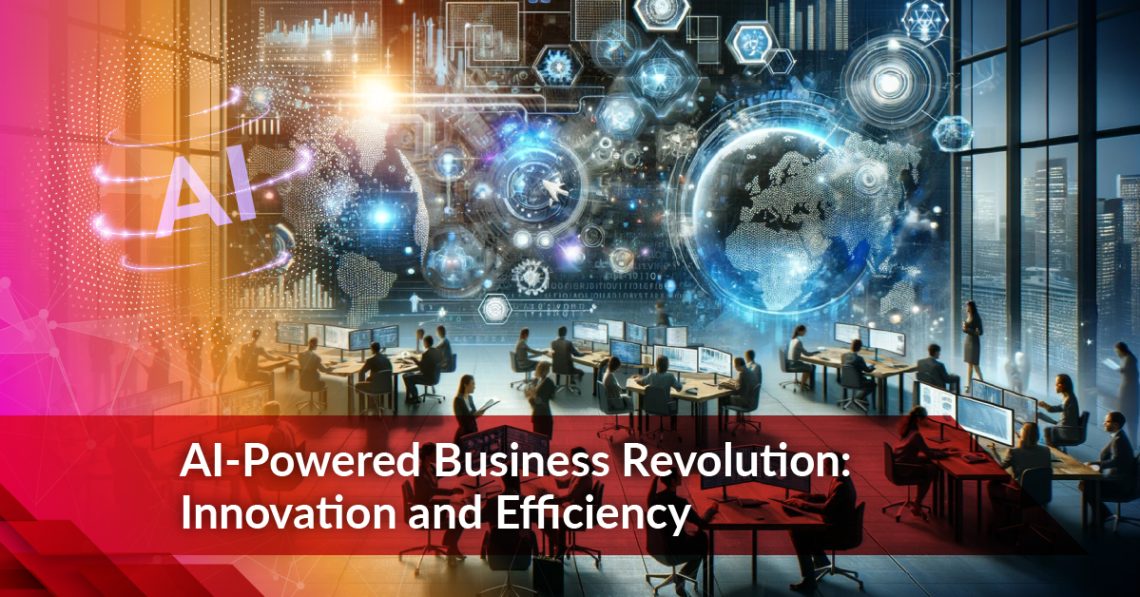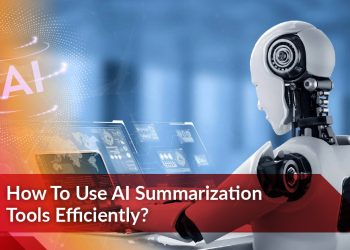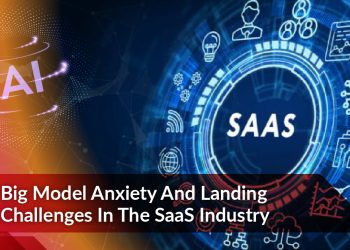In today’s fast-paced business environment, staying competitive requires not only innovation but also efficiency. Artificial Intelligence (AI) has emerged as a game-changer, offering unprecedented opportunities for businesses to optimize operations, enhance customer experiences, and drive growth. Here’s how AI is leveraging business across various sectors, transforming traditional practices, and setting the stage for the future.
1. Enhancing Customer Experience
AI has significantly improved how businesses interact with their customers. Chatbots and virtual assistants, powered by AI, provide real-time support, handle queries, and offer personalized recommendations. This automation not only speeds up response times but also ensures consistency in customer service. For example, AI-driven chatbots can manage thousands of inquiries simultaneously, reducing wait times and increasing customer satisfaction.
Moreover, AI analyzes customer behavior and preferences to offer personalized marketing and product recommendations. Companies like Amazon and Netflix use AI to analyze browsing and purchase histories, delivering tailored content and offers that enhance user engagement and drive sales.
2. Optimizing Operations and Efficiency
Operational efficiency is another area where AI is making a substantial impact. AI algorithms can analyze vast amounts of data to streamline supply chain management, forecast demand, and optimize inventory levels. This predictive capability helps businesses reduce costs and minimize waste. For instance, AI can anticipate supply chain disruptions and recommend alternative strategies, ensuring smoother operations.
In manufacturing, AI-driven robots and automation systems enhance production lines’ precision and efficiency. Predictive maintenance powered by AI helps identify potential equipment failures before they occur, reducing downtime and repair costs.
3. Driving Data-Driven Decision Making
Data is the lifeblood of modern business, and AI is the key to unlocking its full potential. AI tools can process and analyze large datasets far more efficiently than human analysts, providing actionable insights that drive strategic decision-making. By leveraging AI, businesses can uncover hidden patterns, trends, and correlations in data that inform everything from market strategies to product development.
For example, AI-powered analytics platforms can track and interpret customer sentiment on social media, offering insights into brand perception and emerging trends. This data-driven approach allows companies to adapt quickly to market changes and consumer preferences.
4. Innovating Product Development
AI is not just about improving existing processes; it’s also about driving innovation. In product development, AI accelerates the design process by simulating and testing various prototypes quickly. For instance, AI algorithms can analyze user feedback and design iterations to optimize product features and functionality.
In the pharmaceutical industry, AI is revolutionizing drug discovery. By analyzing complex biological data, AI can identify potential drug candidates faster and more accurately than traditional methods, reducing the time and cost associated with bringing new drugs to market.
5. Enhancing Financial Management
Financial services are increasingly leveraging AI for tasks such as fraud detection, risk management, and investment strategies. AI algorithms can analyze transaction patterns to identify unusual activity and flag potential fraud, enhancing security and reducing losses.
In investment management, AI models analyze market data and trends to inform trading strategies and portfolio management. This capability allows financial institutions to make more informed decisions and manage risks more effectively.
6. Transforming Human Resources
AI is also reshaping human resources by streamlining recruitment and employee management. AI-powered recruitment tools can sift through resumes, assess candidate suitability, and even conduct initial interviews. This automation speeds up the hiring process and ensures a better match between candidates and job requirements.
Moreover, AI can analyze employee performance data to identify areas for improvement, tailor training programs, and enhance employee engagement. Predictive analytics help HR departments anticipate workforce trends and plan for future needs.
Conclusion
The integration of AI into business practices represents a transformative shift towards greater efficiency, innovation, and competitiveness. From enhancing customer experiences to optimizing operations and driving data-driven decisions, AI is reshaping the business landscape. As AI technology continues to advance, its potential to revolutionize industries and unlock new opportunities will only grow. Businesses that embrace AI will be better positioned to navigate the complexities of the modern market and thrive in the new era of digital transformation.





